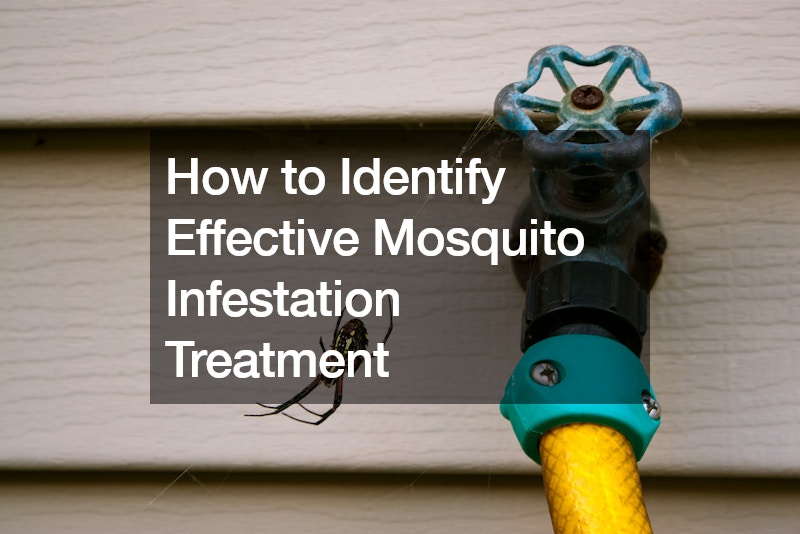Identifying effective mosquito infestation treatment requires a comprehensive approach to ensure the safety and comfort of your home and surroundings. First, conduct a thorough inspection of your property to identify potential breeding grounds for mosquitoes. These include standing water in gutters, flower pots, bird baths, and other containers.
Eliminating these sources of stagnant water can significantly reduce mosquito populations.
Next, consider implementing physical barriers such as screens on windows and doors to prevent mosquitoes from entering your home. Additionally, use mosquito nets over beds and outdoor seating areas to provide protection against bites. Chemical control methods, such as insecticide sprays and larvicides, can also be effective in targeting adult mosquitoes and their larvae. However, it’s essential to use these products responsibly and according to label instructions to minimize environmental impact and risks to human health.
Integrated pest management (IPM) strategies combine various control methods to manage mosquito populations effectively. This approach focuses on prevention, monitoring, and targeted interventions to achieve long-term mosquito control while minimizing reliance on chemical treatments. Regular maintenance of your property, including mowing grass and trimming vegetation, can also help reduce mosquito breeding habitats. Additionally, consider consulting with a professional pest control service for expert advice and assistance in developing a customized mosquito management plan tailored to your specific needs and circumstances.




